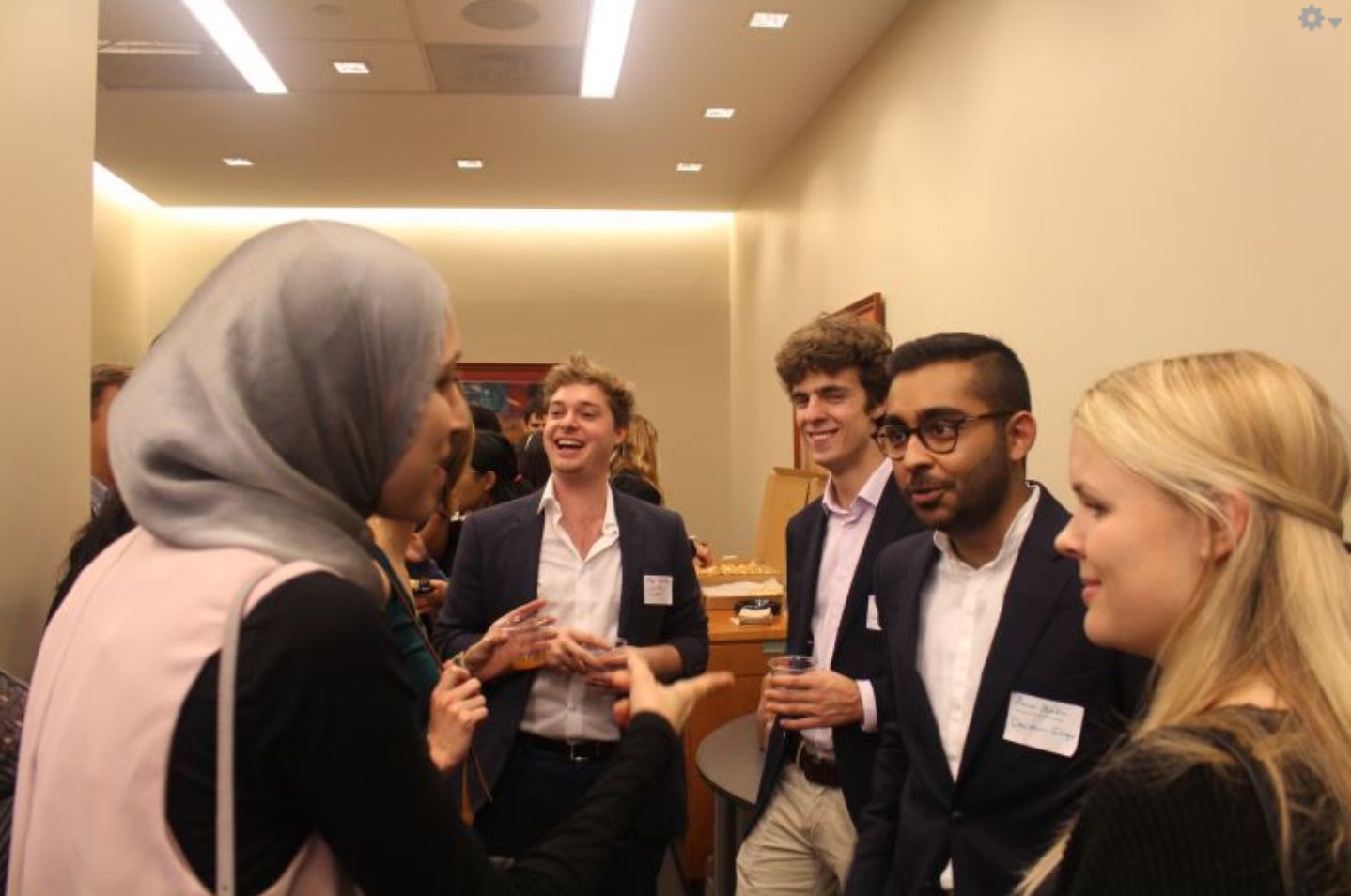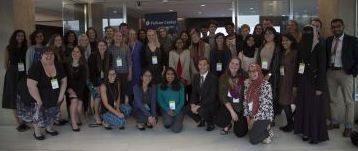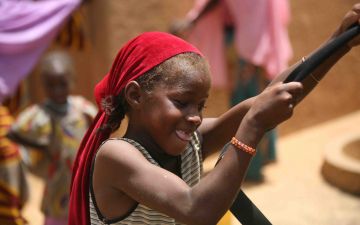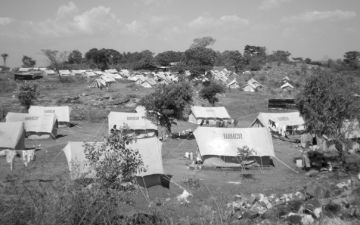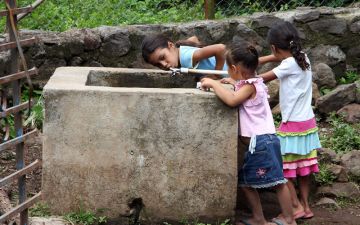Welcome to the Pulitzer Center Campus Consortium Network
Learn More About Student Reporting Fellowships
The Campus Consortium is a network of partnerships between the Pulitzer Center and universities and colleges to engage with students and faculty on the critical global issues of our time.
At its core, the initiative aims to connect international reporting supported by the Pulitzer Center directly with communities across the U.S., expanding knowledge of the world, sparking conversations across disciplines and inspiring individuals to expand their horizons. We aim to accomplish these goals through campus visits by journalists and international reporting fellowship opportunities for students.
We are proud of our growing network of diverse partners: community colleges, state universities, liberal arts colleges and historically black colleges and universities. We coordinate with each campus on how best to launch our partnership and develop programming utilizing the expertise of Pulitzer Center staff and journalist grantees, and faculty and community leaders.
Campus Programs: The Center is eager for university departments to work together on programming to foster broader discussions and more nuanced analysis of concerns that span disciplines, from journalism to public health. This interdisciplinary approach benefits from the diverse topics Pulitzer Center grantees report on: resource extraction, climate change, maternal health, HIV/AIDS to name a few. Campus programming range from multi-day journalist visits to year-long for-credit seminars.
Reporting Fellowships: Students at Campus Consortium partners undertake international reporting projects they propose. Center staff and journalists act as mentors. Final projects are featured on the Pulitzer Center website, with publication possible via other news-media outlets. See reporting by fellows here.
The annual fellows weekend in Washington, D.C., further broadens the students’ horizons, exposing them to the work of their peers and providing opportunities to network with professionals in journalism and other fields.
Costs: Average cost to a Campus Consortium partner is $10,000 to $15,000 per year. Cost for non-U.S. universities may range higher and modified Consortium partnerships are possible. At least $3,000 of the funding is reserved for the student reporting fellowship. The Center provides logistical and promotional support for Campus Consortium programming and mentorship for all reporting fellows via professional journalists and in-house staff from the onset of the projects through to completion.
To learn more about how your college or university can join the Pulitzer Center’s growing Campus Consortium network, contact Ann Peters at 202-797-5267 or apeters[at]pulitzercenter.org or Holly Piepenburg at 202-734-3776 or hpiepenburg[at]pulitzercenter.org
